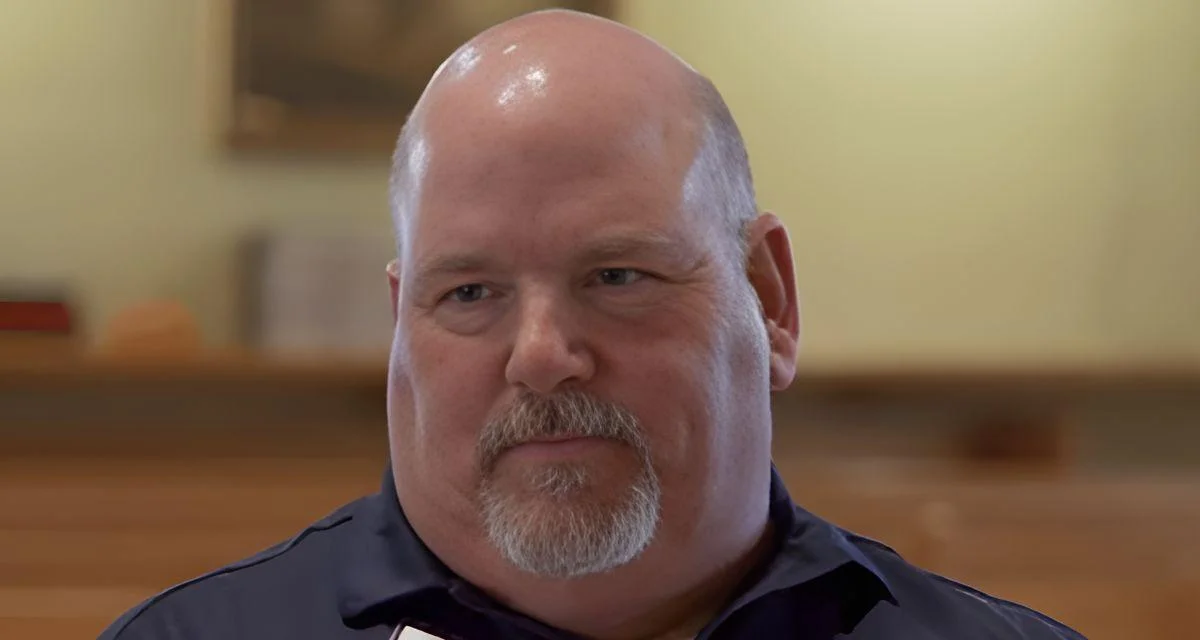As artificial intelligence becomes more widespread, the construction of large data centers across the United States is raising concerns about their impact on communities and the environment. At a recent Creation Justice webinar hosted by the United Church of Christ (UCC), experts discussed how these facilities consume significant resources and often bypass public oversight.
Nayyirah Shariff, director of Flint Rising in Michigan, highlighted studies showing that U.S. data centers used 17 billion gallons of water for cooling in 2023—a figure expected to double or quadruple by 2028. She noted that an additional 211 billion gallons are used indirectly through electricity generation. Shariff warned that this consumption diverts essential drinking water and power from local communities, potentially leading to higher utility costs and shortages.
Shariff expressed concern about the rapid pace at which decisions regarding new data centers are made, often without transparency or consideration for residents’ needs. Lindsay Harper, national coordinator for Arm in Arm, echoed these worries about land and water use: “The amount of land and water going to companies instead of people is double digits,” Harper said. “We really have to be conscious about the philosophy behind land and water use, especially if we’re putting not just profits over people, but machines over people. That’s a scary thing to think about.”
Anthony Rogers-Wright, policy fellow at The Black Hive of Movement for Black Lives, emphasized that the UCC has a legacy in environmental justice dating back to its 1987 Toxic Wastes and Race report. He pointed out that data center expansion brings increased emissions and health risks with disproportionate effects on marginalized groups. Because there is no federal requirement for environmental review under laws like the National Environmental Policy Act (NEPA), regulation depends on state policies—leaving some areas with little oversight.
“As we like to say in Nebraska, we don’t have any,” Rogers-Wright said.
“We’re being sacrificed for industry once again,” Shariff said. “We’re being sacrificed for corporations; we’re being sacrificed for venture capitalists because they just want to be the one that’s on board for the next big thing.”
Rogers-Wright called for a broader moral response: “AI and data centers represent the new Frankenstein of environmental racism and white supremacy efficiency,” he said. “AI works on large language models — large language models coming from a society where white supremacy is already ensconced — so AI is essentially allowing for the most efficient proliferation of white supremacy ideology, and that includes patriarchy, bigotry, all forms of oppression.”
He added: “The climate crisis, first and foremost, is a human rights issue. The emissions and all that other stuff are symptoms of the larger disease of white supremacy ideology, patriarchy, and colonization. And that’s the silver lining of AI and data centers: it elucidates the root causes of the climate crisis in ways that are simply irrefutable.”
In terms of action steps, Harper encouraged participation in campaigns such as Minus AI—where users type "-ai" into search engines to opt out of AI-powered results—and advocated for policies requiring users to opt into rather than automatically receive AI services.
Wanda Mosley from Black Voters Matter stressed traditional grassroots organizing at city council meetings as key since many cities’ comprehensive plans do not yet address data centers; early involvement during planning stages allows residents more opportunity to raise concerns.
“All of this info has to be synthesized and shared with your elected officials. What we found is they don’t know any of this stuff – and some who do know don’t care. The message has to be if you keep letting these types of things infiltrate our cities and be right next to our homes and schools, you won’t have a city to run in a few decades,” she said. “As the people who put them into office, it is incumbent upon us to bring the truth, let it live in light.”
Mosley noted several counties are enacting moratoriums on new data center construction until impacts can be studied; resources such as a Data Center Organizing Toolkit are available online.
Rogers-Wright suggested building broad coalitions across rural communities, homeowners concerned about rising costs or limited access to resources like water—and Indigenous groups whose lands may be affected—to advocate against unchecked expansion: “Now is the time to form allyships and coalitions with people who you may not think to form allyship with... Remember it was a coalition...that eventually stopped Keystone XL pipeline... We’re going to need ...for larger climate fight too.”
The Rev. Michael Malcolm—executive director at Alabama Interfaith Power & Light—urged faith leaders participating in UCC’s Creation Justice series alongside Environmental Justice Minister Brooks Berndt to inform their congregations so they could speak up locally:
“You have an opportunity to use your voice to speak to your congregations so that your congregations can use their voice to speak to their city council to say ‘We don’t want this...affecting those who we fight to protect.’”
 Alerts Sign-up
Alerts Sign-up






